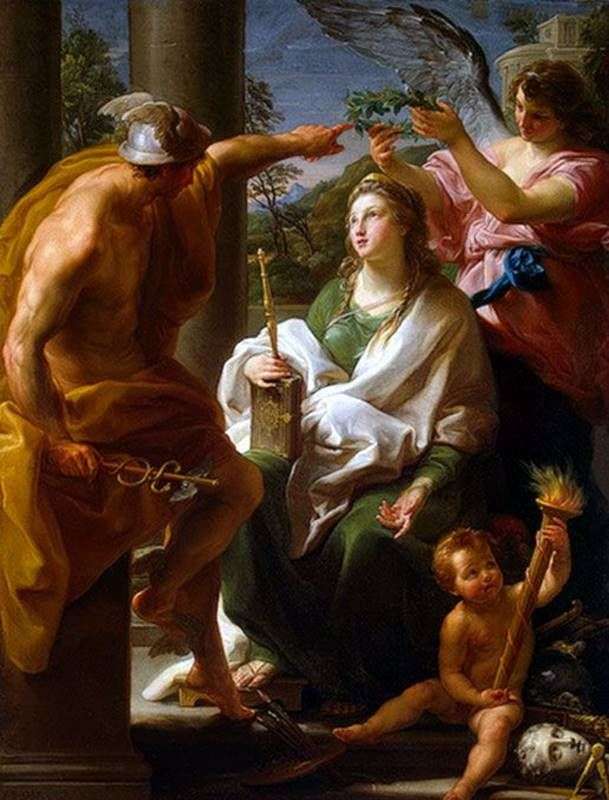
Painting of the Italian painter Pompeo Batoni “Mercury, crowning Philosophy, Mother of the Arts.” The size of the picture is 118 x 87.5 cm, canvas, oil. Painting by artist Pompeo Batoni is a steam room to the painting “Voluptuousness”. Mercury, in Roman mythology was originally a god of commerce, the patron of travelers. Usually depicted with a purse. Later, he was identified with Hermes and became more often depicted in winged sandals, a road hat and with a baton in his hand. His functions also became more complicated: he began to be considered a guide in the realm of the dead, a messenger and servant of the gods, a patron of arts and crafts, secret knowledge, magic and astrology.
In the western provinces of the Roman Empire, he was often identified with Celtic Meadow. Philosophy, a form of social consciousness, world outlook, a system of ideas, views on the world and the place in it of man; explores cognitive, socio-political, value, ethical and aesthetic attitude of man to the world. Historically established main sections of philosophy: ontology, gnoseology, logic, ethics, aesthetics.
In the solution of various philosophical problems, opposing directions such as dialectics and metaphysics, rationalism and empiricism, materialism and idealism, naturalism and spiritualism, determinism and indeterminism, etc., stood out.
Historical forms of philosophy: philosophical teachings India, China, Egypt; Ancient Greek, ancient philosophy – classical form of philosophy; medieval philosophy – patristicism and the scholasticism that grew out of it; philosophy of the Renaissance; the philosophy of modern times; French materialism of the 18th century; German classical philosophy; the philosophy of Marxism; Russian religious philosophy of 19-20 centuries; the philosophy of Russian cosmism; the main directions of the philosophy of the 20th century – neo-positivism, pragmatism, existentialism, personalism, phenomenology, neo-Thomism, analytical philosophy, philosophical anthropology, structuralism, philosophical hermeneutics.
The main trends of modern philosophy are connected with understanding of such fundamental problems as the world and place in it of man, the fate of modern human civilization, the diversity and unity of culture, the nature of human cognition, being and language.
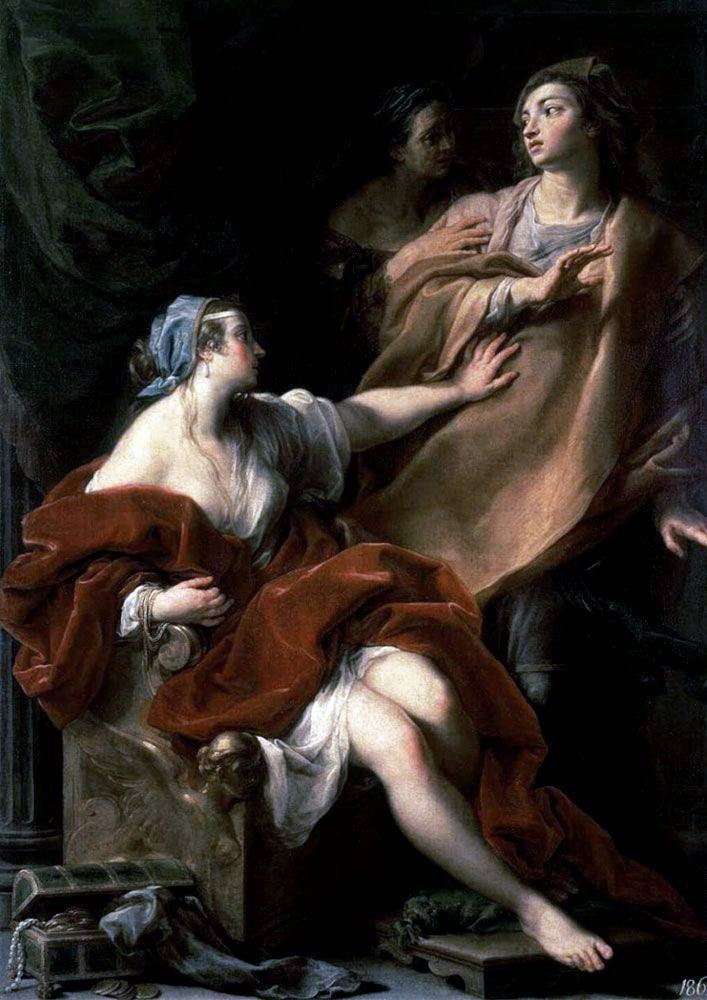 Lust by Pompeo Batoni
Lust by Pompeo Batoni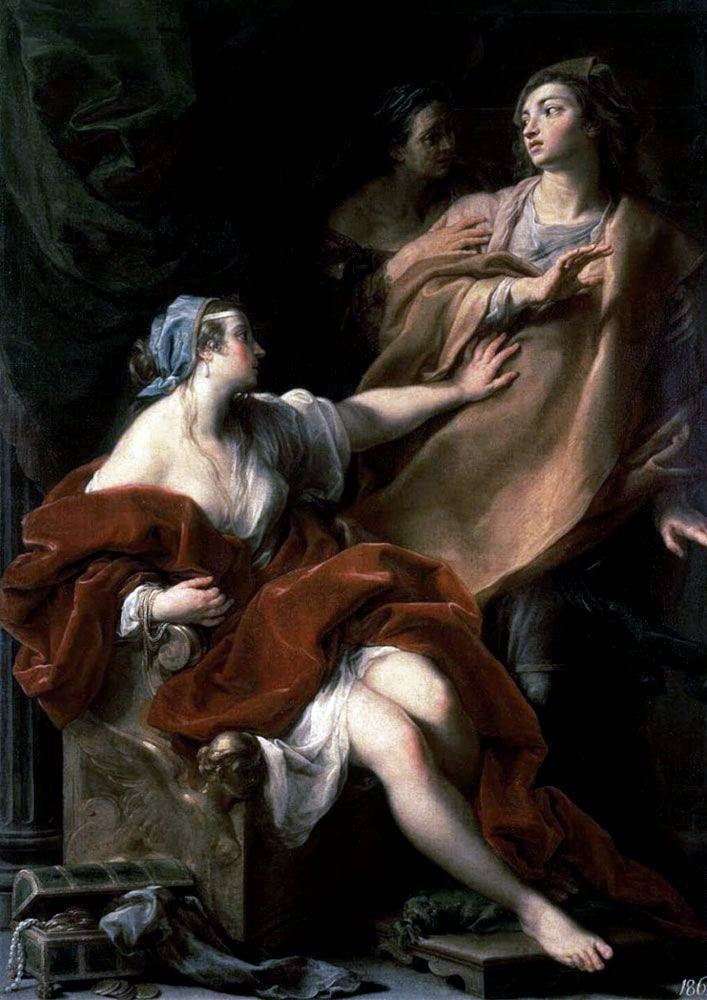 Lujuria – Pompeo Batoni
Lujuria – Pompeo Batoni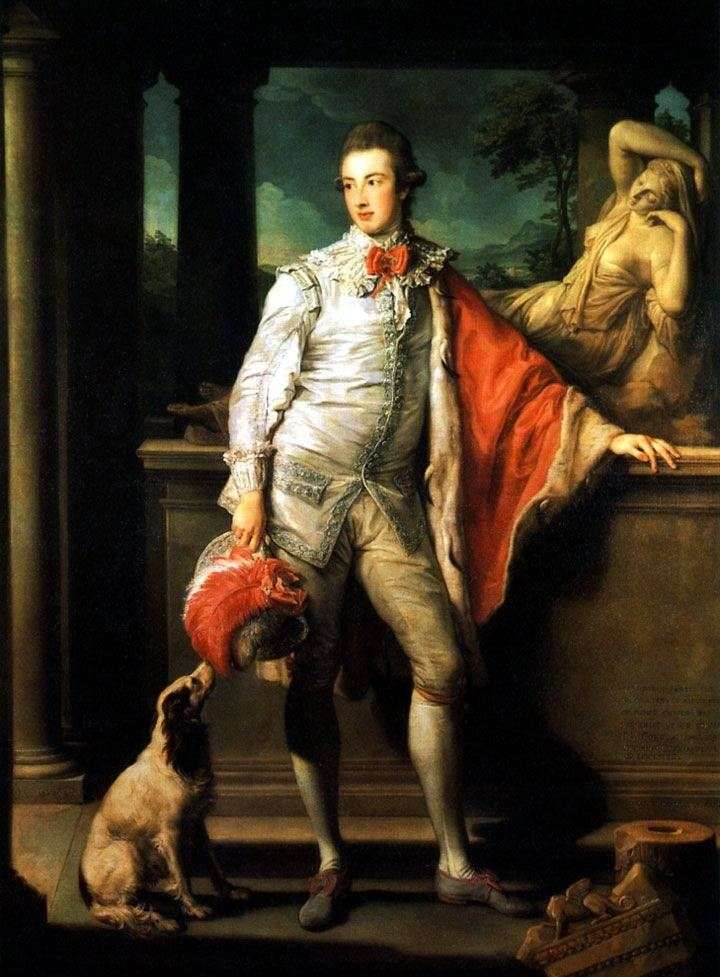 Portrait of Thomas William Coke by Pompeo Batoni
Portrait of Thomas William Coke by Pompeo Batoni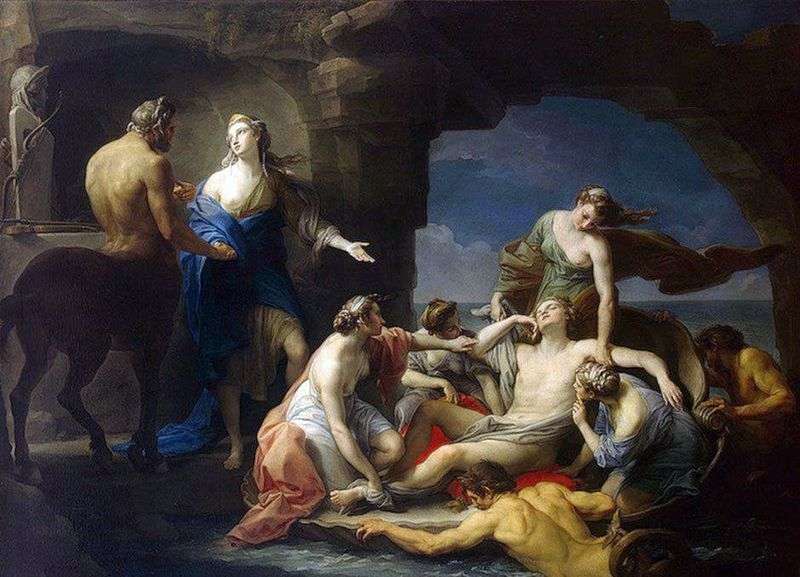 Chiron returns Achilles to his mother Thetis by Pompeo Batoni
Chiron returns Achilles to his mother Thetis by Pompeo Batoni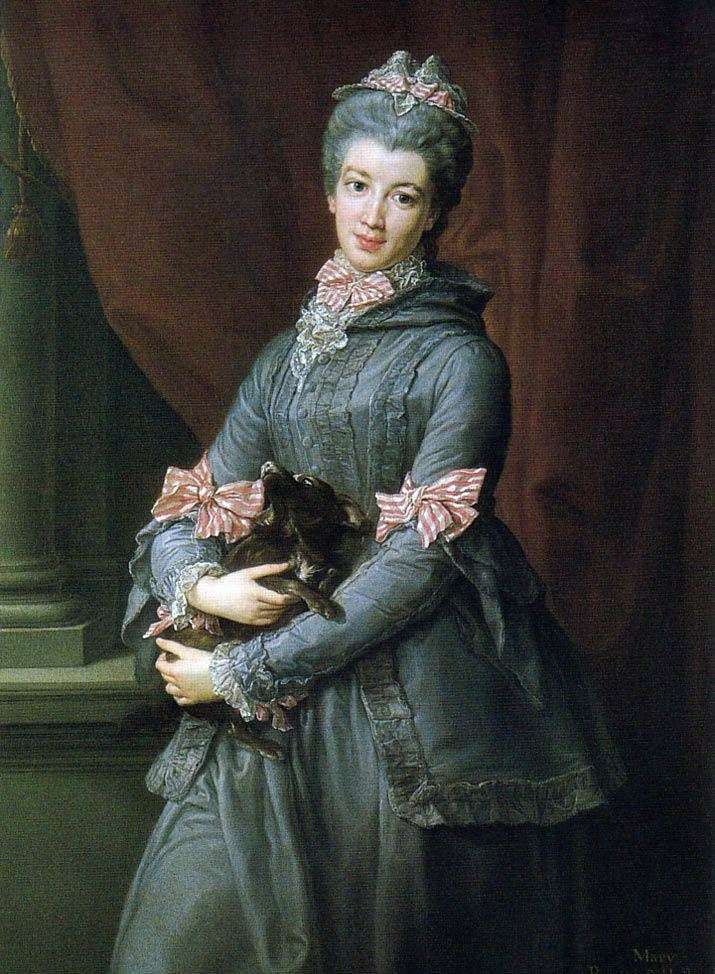 Portrait of Baroness Lady Mary Fox by Pompeo Batoni
Portrait of Baroness Lady Mary Fox by Pompeo Batoni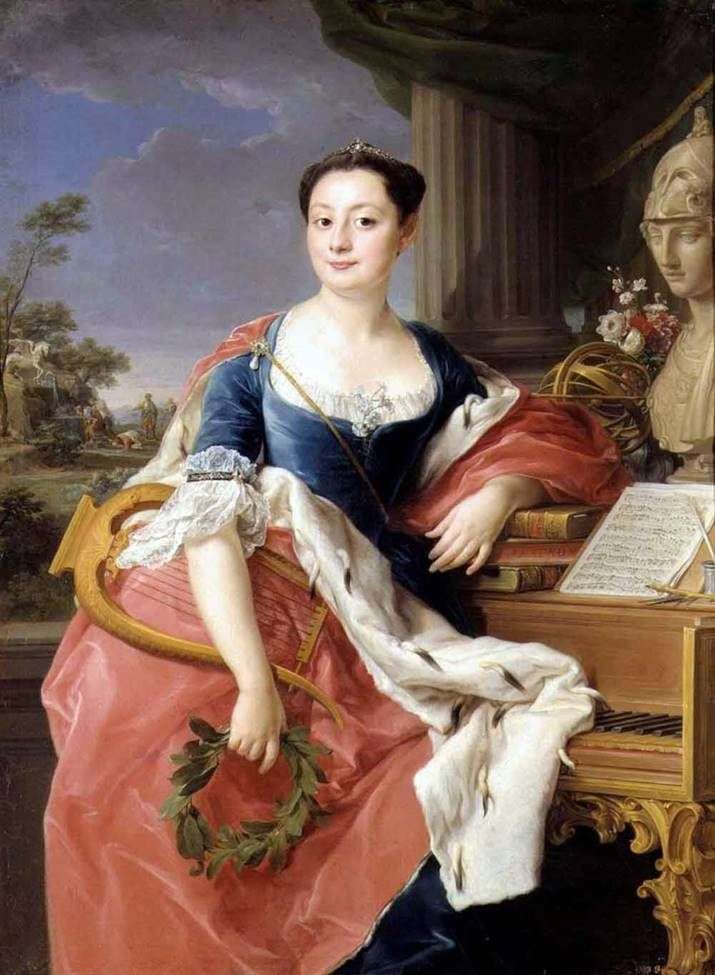 Portrait of Princess Hyacinth Orsini by Pompeo Batoni
Portrait of Princess Hyacinth Orsini by Pompeo Batoni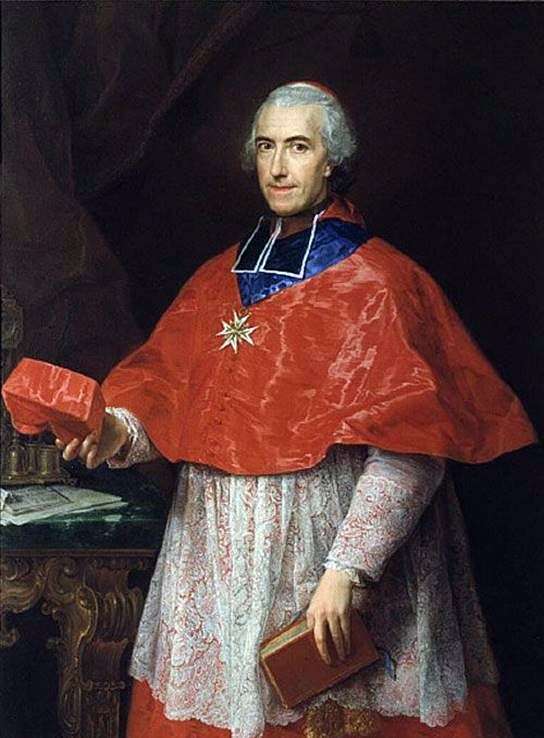 Portrait of Cardinal Jean-François de Rozheshuar by Pompeo Batoni
Portrait of Cardinal Jean-François de Rozheshuar by Pompeo Batoni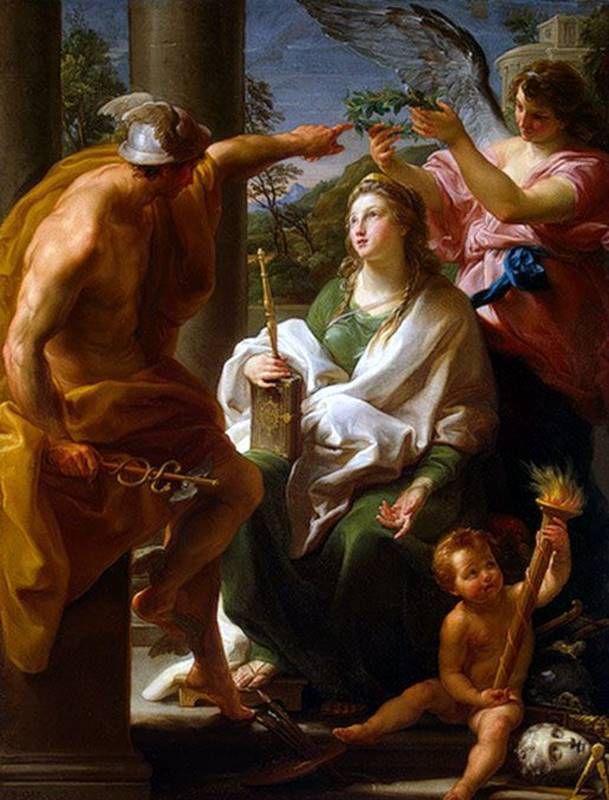 Mercure couronnant la philosophie, mère des arts – Pompeo Batoni
Mercure couronnant la philosophie, mère des arts – Pompeo Batoni